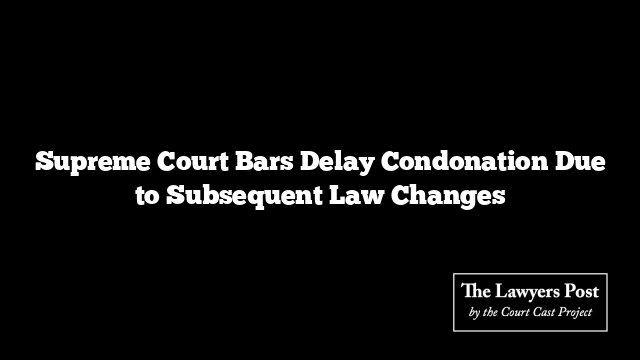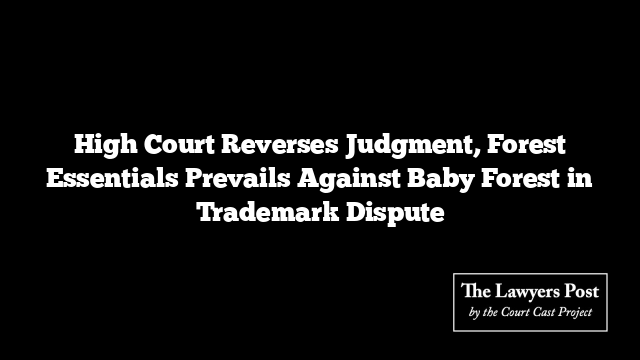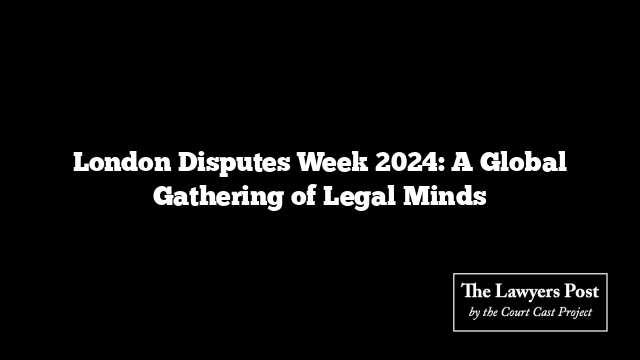In a pivotal judgment on land acquisition cases, the Supreme Court has firmly stated that changes in law after the fact cannot justify condonation of delay in legal proceedings.
“If subsequent change of law is allowed as a valid ground for condonation of delay, it would open a Pandora’s Box where all cases that were subsequently overruled, or cases relying on judgments that were subsequently overruled, would seek relief based on the new interpretation of law. There would be no finality to the proceedings, and every time this Court reached a different conclusion from its previous case, all such cases and those relying on them would be reopened,” articulated the bench comprising Justices Surya Kant, Dipankar Datta, and Ujjal Bhuyan.
The case stemmed from a series of land acquisition processes initiated by the Delhi government under the Land Acquisition Act of 1894, aimed at the planned development of the city. Between 1957 and 2006, multiple notifications were issued for land acquisition, and awards were passed determining compensation.
In certain instances, compensation amounts were deposited in the treasury due to landowners not coming forward. In other cases, the government could not take possession as landowners contested the proceedings and obtained stays.
The 1894 Act was eventually replaced by the 2013 Act, which introduced significant reforms. Section 24 of the new Act stipulated that certain land acquisition proceedings initiated under the old regime would be deemed lapsed if compensation had not been paid or possession had not been taken.
Several Supreme Court decisions, such as Pune Municipal Corporation v. Harak Chand Mistrimal Solanki, Sree Balaji Nagar Residential Association v. State of Tamil Nadu, and Indore Development Authority v. Shailendra, interpreted Section 24. However, the five-judge bench decision in Indore Development Authority v. Manoharlal overruled these cases, leading Delhi government entities like DDA and DMRC to file appeals against Delhi High Court orders that had declared acquisition proceedings lapsed.
The Supreme Court initially examined the maintainability of these petitions, most of which were filed after the expiration of the limitation period. Among the grounds for condonation of delay presented by the appellants was the “subsequent change in law” due to the decisions in Shailendra and Manoharlal. The court firmly rejected this reasoning.
“The appellants let the limitation period lapse, perhaps because they saw no case on merits for appeal. When the law was subsequently reinterpreted in the cited cases, they approached this Court with appeals, petitions, and applications. Instead of showing a sufficient cause arising within the period of limitation, they are using an event after the expiry of such period to justify the delay. This does not square with our understanding of the law and cannot be allowed,” the court ruled.
The court also asserted that the subsequent overruling of a judgment cannot constitute “sufficient cause” under Section 5 of the Limitation Act, as it merely removes the binding nature of the precedent without reopening the settled dispute between parties.
“Subsequent change of law will not be attracted unless a case is pending before the competent court awaiting its final adjudication. To say it differently, if a case has already been decided, it cannot be reopened and re-decided solely on the basis of a new interpretation given to that law,” concluded the court.
Although the “subsequent change in law” argument was dismissed, the court allowed condonation of delay on other grounds, such as “public interest,” resulting in the approval of most appeals with specific orders and directions for the remaining cases.





